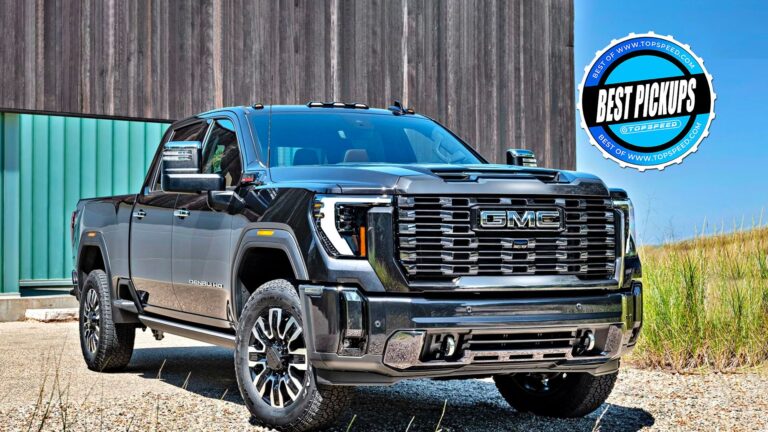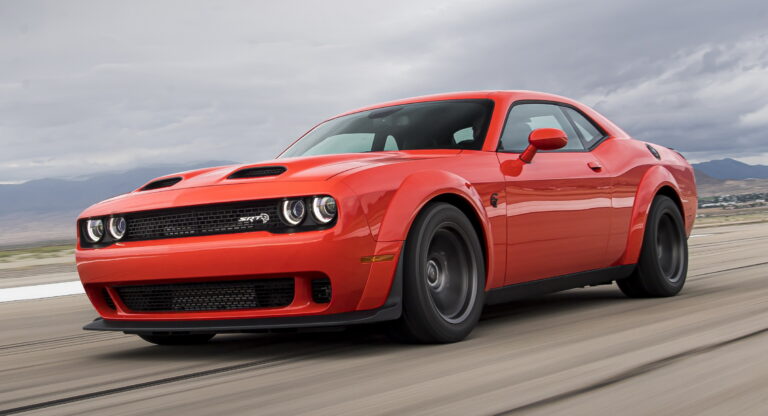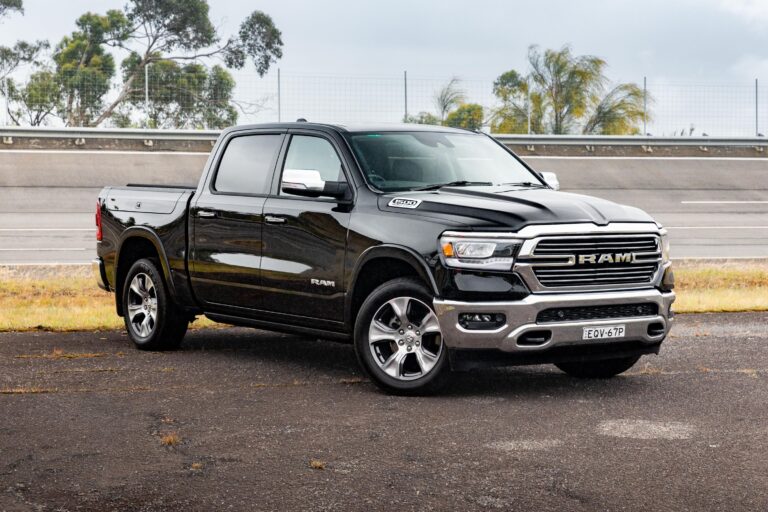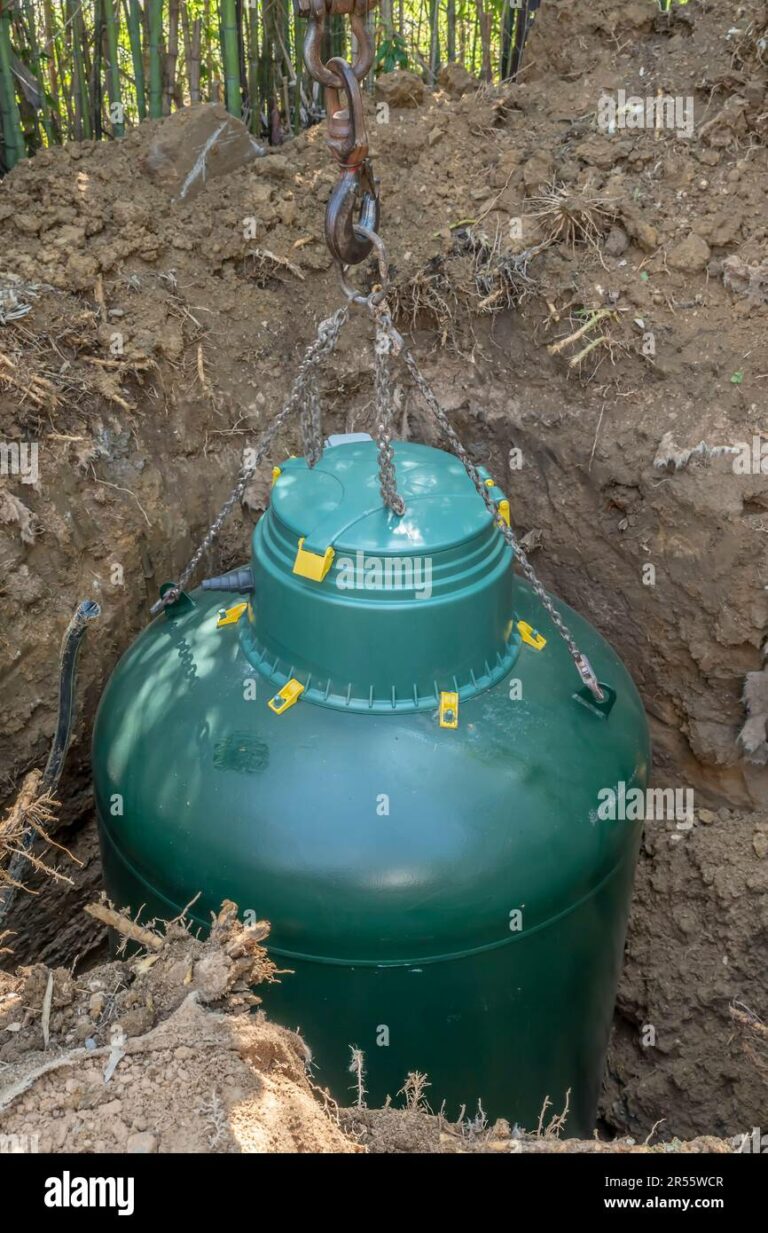Diesel Trucks For Sale: Your Ultimate Guide to Power, Performance, and Longevity
Diesel Trucks For Sale: Your Ultimate Guide to Power, Performance, and Longevity cars.truckstrend.com
In the world of vehicles, few categories command as much respect and utility as the diesel truck. Renowned for their brute strength, impressive towing capabilities, superior fuel efficiency under load, and legendary longevity, diesel trucks are the undisputed workhorses of the automotive industry. Whether you’re a contractor needing to haul heavy equipment, a rancher towing livestock, an RVer embarking on cross-country adventures, or simply someone who appreciates the robust power and durability only a diesel can offer, the market for "Diesel Trucks For Sale" holds a wealth of options designed to meet virtually any demanding need.
This comprehensive guide will delve deep into the world of diesel trucks, exploring what makes them stand out, the types available, crucial considerations when buying, where to find them, and essential tips for making an informed purchase.
Diesel Trucks For Sale: Your Ultimate Guide to Power, Performance, and Longevity
Why Choose a Diesel Truck? The Undeniable Advantages
The decision to invest in a diesel truck is often driven by a specific set of requirements that gasoline-powered vehicles simply cannot meet. Here’s a closer look at the compelling benefits:
- Superior Torque and Towing Capacity: This is arguably the most significant advantage. Diesel engines produce substantially more low-end torque than their gasoline counterparts. Torque is the rotational force that gets a heavy load moving, and diesel engines are engineered to excel in this regard. This translates directly into higher towing capacities, smoother acceleration with heavy trailers, and less strain on the engine when tackling steep inclines.
- Enhanced Fuel Efficiency, Especially Under Load: While diesel fuel can sometimes be more expensive per gallon, diesel engines are inherently more fuel-efficient than gasoline engines due to their higher compression ratios and the energy density of diesel fuel. This efficiency gap widens significantly when the truck is under load (towing or hauling), where diesel engines maintain impressive mileage, while gasoline engines often see a drastic drop.
- Exceptional Durability and Longevity: Diesel engines are built to last. Their robust construction, stronger internal components, and lower operating RPMs (compared to gasoline engines) contribute to a longer lifespan. It’s not uncommon for well-maintained diesel engines to exceed 300,000 to 500,000 miles, making them a wise long-term investment.
- Higher Resale Value: Thanks to their durability and specialized utility, diesel trucks tend to retain their value better than comparable gasoline models. Their reputation for reliability and their specific niche in the market ensure a strong demand in the used vehicle market.
- Reliability for Heavy-Duty Use: For those who depend on their truck for their livelihood or serious recreational activities, diesel trucks offer unparalleled reliability. They are engineered to perform consistently under demanding conditions, making them the preferred choice for commercial fleets, agriculture, construction, and serious towing enthusiasts.

Types of Diesel Trucks Available
The "Diesel Trucks For Sale" market is diverse, catering to a range of needs from light-duty daily driving to extreme commercial hauling.
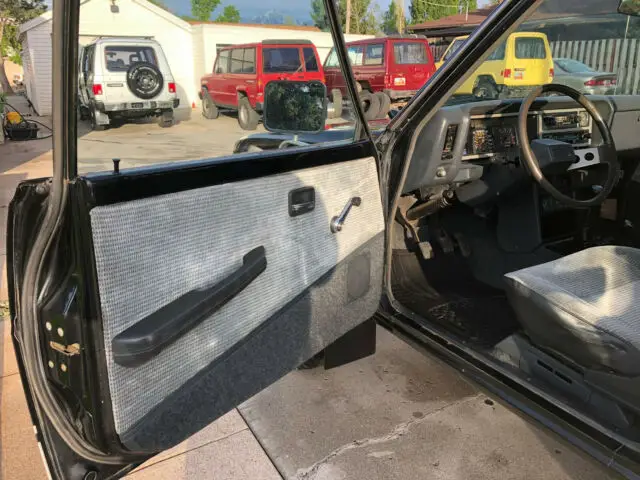
-
Light-Duty Diesel Trucks:
- Examples: Ram 1500 EcoDiesel, Ford F-150 Power Stroke, Chevrolet Silverado 1500 Duramax, GMC Sierra 1500 Duramax.
- Characteristics: These trucks offer the comfort and maneuverability of a half-ton pickup combined with the fuel efficiency and increased torque of a smaller diesel engine. They are excellent for everyday driving, light to moderate towing (typically up to 12,000 lbs), and recreational use. They provide a good balance between capability and fuel economy.
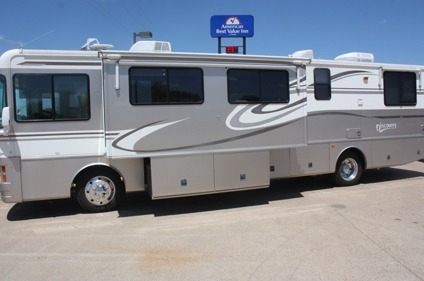
-
Heavy-Duty Diesel Trucks (2500/3500/4500):
- Examples: Ford Super Duty (F-250, F-350, F-450) with Power Stroke, Ram Heavy Duty (2500, 3500, 4500) with Cummins, Chevrolet Silverado HD (2500HD, 3500HD) with Duramax, GMC Sierra HD (2500HD, 3500HD) with Duramax.
- Characteristics: These are the quintessential workhorses. Designed for serious towing (often exceeding 30,000 lbs with proper configuration) and heavy payload capacities, they feature reinforced frames, heavy-duty suspension, and powerful diesel engines. They are the go-to choice for large RVs, commercial trailers, fifth-wheel towing, and demanding job sites. Dually (dual rear wheel) options are common for maximum stability and weight capacity.
-
Medium-Duty and Commercial Diesel Trucks:
- Examples: Ford F-550/F-650/F-750, Ram 5500, Chevrolet Silverado 4500HD/5500HD/6500HD chassis cabs, International, Freightliner.
- Characteristics: These larger trucks are typically sold as chassis cabs, allowing for custom upfits like dump beds, utility bodies, or commercial boxes. They are purpose-built for specialized commercial applications and are beyond the scope of typical consumer truck ownership, though they represent a significant portion of the broader diesel truck market.
Key Considerations When Buying a Diesel Truck
Purchasing a diesel truck is a significant investment. Being aware of these factors will help you make a smart decision:
- Intended Use: This is paramount. Are you towing a small boat or a 40-foot fifth-wheel? Hauling lumber for a weekend project or a constant stream of heavy materials? Your primary use case will dictate the size, power, and configuration you need. Don’t overbuy if you don’t need the extreme capability, but also don’t underbuy and risk straining your vehicle.
- New vs. Used:
- New: Offers the latest technology, full factory warranty, customization options, and often attractive financing. However, the initial cost is significantly higher.
- Used: Provides a lower entry price, allowing you to get more truck for your money. However, you might sacrifice warranty coverage, and the vehicle’s history becomes critical. A thorough inspection is non-negotiable for used diesels.
- Maintenance Costs: While diesel engines are durable, their specialized components can be more expensive to repair or replace than gasoline engine parts. Fuel filters need regular replacement, and emissions systems (DPF, DEF) require attention.
- Emissions Systems (DPF, DEF): Modern diesel trucks are equipped with sophisticated emissions systems to meet environmental regulations.
- Diesel Particulate Filter (DPF): Traps soot from the exhaust. It periodically undergoes a "regeneration" cycle to burn off the trapped soot. Frequent short trips can hinder regeneration, potentially leading to DPF issues.
- Diesel Exhaust Fluid (DEF): An additive that reduces nitrogen oxide emissions. DEF tanks need to be refilled regularly, and the truck will not run without it. Understanding these systems and their maintenance is crucial.
- Fuel Availability and Cost: Diesel fuel is not as universally available as gasoline, especially in rural areas, and its price per gallon can fluctuate significantly, often being higher than regular unleaded gasoline.
- Insurance Costs: Due to their higher purchase price, specialized parts, and the potential for higher repair costs, insurance premiums for diesel trucks can be higher than for comparable gasoline trucks.
- Towing Ratings and Payload Capacity: Always refer to the manufacturer’s specific ratings for Gross Vehicle Weight Rating (GVWR), Gross Combined Weight Rating (GCWR), and maximum payload. Never exceed these limits.
Where to Find Diesel Trucks For Sale
The search for your ideal diesel truck can begin in several places:
- Dealerships (New & Used): Franchised dealerships (Ford, Ram, Chevrolet, GMC) offer new models and certified pre-owned (CPO) options with warranties. Independent used car dealerships also carry a wide selection, often at competitive prices.
- Online Marketplaces: Websites like AutoTrader, CarGurus, Edmunds, Cars.com, and even Facebook Marketplace provide extensive listings, allowing you to filter by make, model, year, price, mileage, and specific features. This is an excellent starting point for research and comparing options.
- Manufacturer Certified Pre-Owned (CPO) Programs: CPO diesel trucks typically undergo rigorous inspections and come with extended warranties, offering peace of mind that bridges the gap between new and purely used vehicles.
- Private Sellers: Buying directly from a private seller can sometimes yield a better deal, as there’s no dealership markup. However, it also carries more risk, as there are no warranties or guarantees. A comprehensive pre-purchase inspection is absolutely essential in this scenario.
- Auctions: Public, government, or salvage auctions can offer very low prices, but they are generally for experienced buyers comfortable with high risk and potentially significant repair needs.
Tips for a Successful Diesel Truck Purchase
Navigating the "Diesel Trucks For Sale" market requires diligence. Follow these tips for a smooth and confident purchase:
- Conduct a Thorough Pre-Purchase Inspection (PPI): This is the single most important step, especially for used diesel trucks. Hire a qualified, independent diesel mechanic to inspect the engine, transmission, emissions system, chassis, and all major components. This can uncover hidden issues that might cost thousands down the line.
- Request Service Records: A well-maintained diesel truck will have a detailed service history. Look for consistent oil changes, fuel filter replacements, DEF system maintenance, and any major repairs. This history is a strong indicator of how well the previous owner cared for the vehicle.
- Perform an Extensive Test Drive: Don’t just drive around the block. If possible, test the truck under conditions similar to your intended use. If you plan to tow, try to hook up a trailer (even an empty one) to feel how the engine and transmission perform under load. Listen for unusual noises, feel for vibrations, and check all functions.
- Research Specific Models and Years: Some diesel engines or model years have known quirks or common issues. Join online forums, read reviews, and consult owner groups to understand the specific strengths and weaknesses of the models you’re considering.
- Budget Beyond the Purchase Price: Factor in ongoing costs such as higher insurance premiums, diesel fuel prices, DEF fluid, and potentially higher maintenance expenses.
- Explore Financing Options: Compare interest rates and terms from various lenders (banks, credit unions, dealership financing) to secure the best loan for your purchase.
Price Table: Diesel Trucks For Sale (Estimated Ranges)
Prices for diesel trucks vary wildly based on make, model, year, mileage, condition, trim level, and specific features. The table below provides estimated ranges to give you a general idea. Always verify current market prices.
| Type of Truck | Example Models (Common Diesel Engine) | Used Price Range (Low Mileage/Excellent Condition) | New Price Range (Base to High Trim) | Key Features / Notes |
|---|---|---|---|---|
| Light-Duty Diesel | Ram 1500 EcoDiesel, Ford F-150 Power Stroke, Chevy/GMC 1500 Duramax | $25,000 – $55,000+ | $45,000 – $75,000+ | Good MPG, comfortable ride, moderate towing (up to ~12k lbs). Ideal for light-duty towing & daily driving. |
| Heavy-Duty Diesel (2500) | Ford F-250 Power Stroke, Ram 2500 Cummins, Chevy/GMC 2500HD Duramax | $35,000 – $70,000+ | $60,000 – $90,000+ | Strong towing (~15k-20k lbs), higher payload, more robust chassis. Popular for larger RVs, mid-size trailers. |
| Heavy-Duty Diesel (3500) | Ford F-350 Power Stroke, Ram 3500 Cummins, Chevy/GMC 3500HD Duramax | $40,000 – $80,000+ | $65,000 – $100,000+ | Max towing (~20k-37k lbs), highest payload. Often available as dually for ultimate stability. Essential for heavy commercial/RV. |
| Heavy-Duty Diesel (4500+) | Ford F-450/550, Ram 4500/5500, Chevy/GMC 4500HD+ | $50,000 – $100,000+ | $75,000 – $120,000+ | Chassis cab models, often dually. Built for commercial upfits, extreme towing (e.g., hotshot trucking). |
Note: Prices are highly variable and subject to market conditions, region, vehicle condition, and specific options. These are general estimates for late-model used trucks (2-7 years old) and current new models.
Frequently Asked Questions (FAQ) about Diesel Trucks
Q1: Are diesel trucks more expensive to maintain than gasoline trucks?
A1: Generally, yes. While less frequent, major service items (like fuel injectors, turbochargers, or DPF components) can be more costly. Regular maintenance, such as oil and fuel filter changes, is also important and might be slightly more expensive due to specialized parts and higher fluid capacities.
Q2: Do diesel trucks get better fuel economy?
A2: Yes, typically. Diesel engines are inherently more fuel-efficient due to their higher compression and the energy density of diesel fuel. This advantage is most pronounced when the truck is under load (towing or hauling), where the efficiency difference becomes significant compared to gasoline engines.
Q3: What is DEF (Diesel Exhaust Fluid) and why is it needed?
A3: DEF is a non-toxic liquid composed of urea and deionized water. It’s injected into the exhaust stream to convert harmful nitrogen oxides (NOx) into harmless nitrogen and water vapor, reducing emissions. Modern diesel trucks require DEF to operate, and the truck will limit performance or not start if the DEF tank is empty.
Q4: What is a DPF (Diesel Particulate Filter)?
A4: A DPF is part of the exhaust system designed to trap soot and particulate matter from the engine’s exhaust gases. It periodically performs a "regeneration" cycle (burning off trapped soot) to clean itself. Frequent short trips can sometimes prevent full regeneration, leading to potential DPF issues.
Q5: How long do diesel engines last?
A5: With proper maintenance, diesel engines are known for their exceptional longevity. It’s common for them to last 300,000 to 500,000 miles or more, especially the heavy-duty variants.
Q6: Can I use biodiesel in my truck?
A6: Many modern diesel trucks are compatible with certain blends of biodiesel (e.g., B5 or B20). Always check your vehicle’s owner’s manual for specific recommendations and limitations, as using unapproved blends can void your warranty or cause engine damage.
Q7: Are diesel trucks good for daily driving?
A7: They can be, especially light-duty diesel trucks. However, heavy-duty diesels might feel less agile in city traffic and parking. Frequent short trips can also be hard on the DPF system, as it needs longer runs to properly regenerate. Consider your commute and typical usage patterns.
Q8: What’s the difference between a 2500 and 3500 diesel truck?
A8: The main difference lies in their Gross Vehicle Weight Rating (GVWR) and Gross Combined Weight Rating (GCWR), which dictate their payload and towing capacities. A 3500 series truck has a higher GVWR, meaning it can carry and tow more weight than a 2500 series truck, often due to heavier-duty suspension, frame, and axle components. 3500s also commonly offer a dually (dual rear wheel) option for maximum stability with heavy loads.
Conclusion
The market for "Diesel Trucks For Sale" is a vibrant landscape offering incredible power, efficiency, and durability for those who demand more from their vehicles. From the capable light-duty models perfect for recreational towing and daily versatility to the uncompromising heavy-duty giants designed for the most demanding commercial applications, there’s a diesel truck engineered for every significant task.
By understanding the unique advantages of diesel power, carefully considering your specific needs, conducting thorough research, and following smart buying practices, you can confidently navigate this market. A diesel truck isn’t just a purchase; it’s an investment in a reliable, high-performance machine that will serve you faithfully for hundreds of thousands of miles, ready to tackle any challenge you throw its way.



